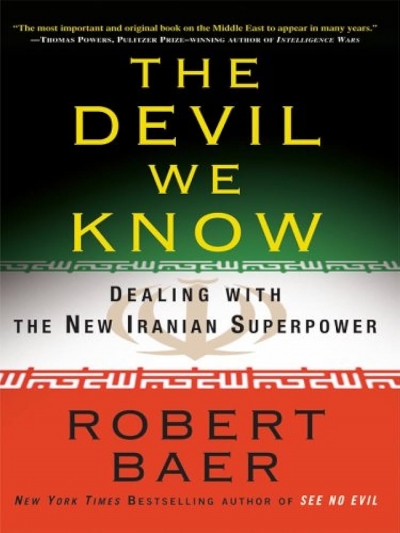Accessibility Tools
- Content scaling 100%
- Font size 100%
- Line height 100%
- Letter spacing 100%
Iran
The ABR Podcast
Released every Thursday, the ABR podcast features our finest reviews, poetry, fiction, interviews, and commentary.
Subscribe via iTunes, Stitcher, Google, or Spotify, or search for ‘The ABR Podcast’ on your favourite podcast app.
2025 Peter Porter Poetry Prize Shortlist
Read by the poets
This week on The ABR Podcast we feature the 2025 Peter Porter Prize shortlisted poems, as read by the five poets, published in the January-February issue of ABR.
Recent episodes:
Sometimes, through no deliberate strategy on the creators’ part, a film taps the Zeitgeist and takes off. Writer-director Noora Niasari’s début feature, Shayda, a very personal film that explores the courage and resilience of an Iranian woman escaping domestic violence in Melbourne, was already in post-production in September 2022 when the women-led uprising erupted in Iran, after the killing of Mahsa Amini by the morality police known officially as the Guidance Patrol.
... (read more)What has spurred thousands of ordinary women in Iran and throughout the world to take to the streets under the slogan ‘Woman, Life, Freedom’? How unprecedented is this recent uprising in the history of Iran’s women’s movement? In this week’s ABR podcast, author-journalist Zoe Holman discusses the distinctive features of this protest and argues that its primary drivers are members of Iran’s Generation Z, who are educated, fearless, and angry.
... (read more)With protests by members of the Iranian diaspora burgeoning across Europe and the rest of the world, I attend a demonstration in central Athens. A group assembles in front of the Greek Parliament, with two banners outstretched. The first reads ‘Woman, Life, Freedom’, the second, ‘the Iranian people no longer want the Islamic Republic’. The mise en scène seems to capture the genealogy of a movement that began with the death of a twenty-two-year-old Kurdish woman, Jina (or Mahsa) Amini, on 16 September in Tehran following her arrest by the notorious morality police, and has since grown into what has been deemed the biggest domestic threat yet to the existence of the Islamic regime.
... (read more)





